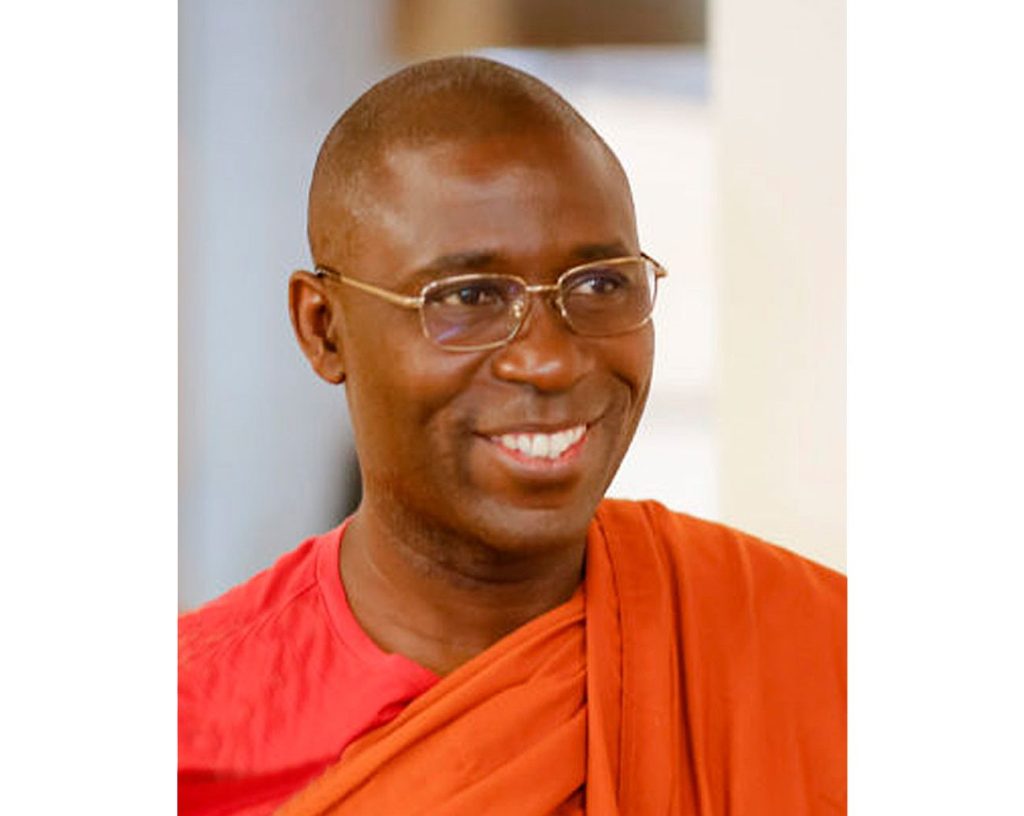Where did you grow up?
I was born and bred in Kampala, Uganda.
When did you become a Buddhist and why? I became a Buddhist in 1993. I had been studying business in India and was inspired by the Thai Buddhist monks I met there. I wanted to practice meditation to overcome suffering and experience true happiness, and I found that the Buddha’s teaching on the noble eightfold path offered practical guidelines in my life.
Is your family Buddhist? My family members are not Buddhist except my mother and sister, whom I introduced to Buddhism in 2005. In fact, my mother later became a Theravada Buddhist nun in the Burmese tradition.
What’s your favorite breakfast on retreat? Spanish omelette, soy milk, fruit juice, cashew nuts, and chamomile tea.
What’s your daily practice? It depends on how and what I feel in the present moment. Sometimes I practice lovingkindness and compassion; other times I practice the four foundations of mindfulness (body, feelings, mind states, and mental objects). I also chant every morning and evening.
Favorite aphorism? “If you let go a little, you will have a little happiness. If you let go a lot, you will have a lot of happiness. If you let go completely, you will be completely happy.” –Ajahn Chah (1918–1992)
Favorite musician? As a Theravada Buddhist monk, I do not listen to any music anymore [in keeping with the vows for ordination].
Longest retreat? Three months.
Book on your nightstand? Mindfulness in Plain English by Bhante Henepola Gunaratana.
What do you like to do in your free time? Go for walks in nature and practice meditation.
Who is your teacher? My teacher and preceptor is the late Most Venerable Sayadaw U Silananda. I also spent eight years of mindfulness meditation training with Bhante Gunaratana at the Bhavana Society in West Virginia.
What non-Buddhist do you look to for guidance? None!
Favorite subject in school? Mathematics.
What was your first job? Scuba diving instructor.
♦
This August, watch Bhante Buddharakkhita’s Dharma Talk series, “Overcoming Difficult Emotions in a Chaotic World” at tricycle.org/dharmatalks.
Thank you for subscribing to Tricycle! As a nonprofit, we depend on readers like you to keep Buddhist teachings and practices widely available.
